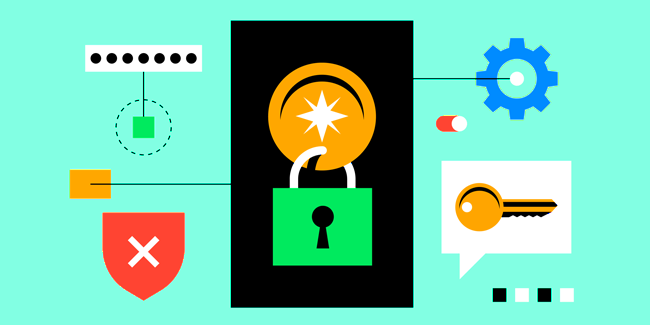
I. Understanding the Importance of Secure Bitcoin Storage
- The unique characteristics of Bitcoin and the need for secure storage
- Risks associated with improper storage, including theft, hacking, and loss of funds
II. Best Practices for Bitcoin Wallets
A. Hardware Wallets
- Definition and benefits of hardware wallets
- Popular hardware wallet options and their features
- Setting up a hardware wallet and generating a secure seed phrase
- Encrypting and protecting your hardware wallet with a strong PIN
B. Software Wallets
- Types of software wallets: desktop, mobile, and web-based
- Researching and choosing reputable software wallet providers
- Implementing multi-factor authentication for enhanced security
- Regularly updating software wallets to ensure the latest security patches
C. Paper Wallets
- Understanding paper wallets and their advantages
- Generating a secure paper wallet offline
- Safely storing and protecting the physical paper wallet
- Importing paper wallets into a secure software or hardware wallet
D. Cold Storage
- The concept of cold storage and its benefits
- Creating an offline Bitcoin wallet for long-term storage
- Keeping backups and redundant copies of cold storage wallets
- Regularly updating and verifying the integrity of cold storage wallets
III. Additional Security Measures: A. Strong Passwords and Encryption
- Importance of using strong, unique passwords for wallets and accounts
- Implementing two-factor authentication (2FA) for added protection
- Encrypting wallet files and backup storage to prevent unauthorized access
A. Regular Backups
- The significance of regular wallet backups
- Methods for securely storing wallet backups, including offline and encrypted solutions
- Testing the restoration process to ensure the integrity of backups
B. Offline Transactions
- Conducting offline transactions to minimize exposure to online threats
- Using dedicated offline devices for signing transactions securely
- Verifying transaction details before signing and broadcasting them to the network
C. Keeping Software and Systems Updated
- Regularly update operating systems, wallet software, and firmware
- Installing reputable security software to detect and prevent malware attacks
- Remaining vigilant against phishing attempts and suspicious links

🎁 TBook Incentive Passport – Turns Verifiable Contributions Into On-Chain Loyalty
TBook incentive passport is at the forefront of this revolution, building the essential plumbing for a new financial world. By turning verifiable contributions into a system of on-chain loyalty.
Securing your Bitcoins and protecting your digital assets should be a top priority for every cryptocurrency enthusiast. By implementing the best practices outlined in this article, such as using hardware wallets, employing strong passwords, and regularly updating your software, you can significantly reduce the risks associated with storing and managing your Bitcoins. Remember, a proactive and cautious approach to security is essential in safeguarding your digital wealth and enjoying a worry-free Bitcoin experience.


